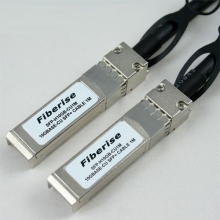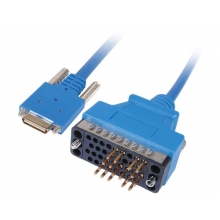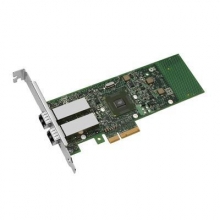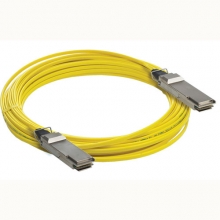- Optical Transceivers
- SFP+ Transceivers
- XENPAK Transceivers
- XFP Transceivers
- X2 Transceivers
- SFP Transceivers
- Compatible SFP
- 3Com SFP
- Alcatel-Lucent SFP
- Allied Telesis SFP
- Avaya SFP
- Brocade SFP
- Cisco SFP
- D-Link SFP
- Dell SFP
- Enterasys SFP
- Extreme SFP
- Force10 SFP
- Foundry SFP
- H3C SFP
- HP SFP
- Huawei SFP
- Intel SFP
- Juniper SFP
- Linksys SFP
- Marconi SFP
- McAfee SFP
- Netgear SFP
- Nortel SFP
- Planet SFP
- Q-logic SFP
- Redback SFP
- SMC SFP
- SUN SFP
- TRENDnet SFP
- ZYXEL SFP
- Other SFP
- FE SFP
- GE SFP
- OC3 SFP
- OC12 SFP
- OC48 SFP
- Copper SFP
- CWDM SFP
- DWDM SFP
- BIDI SFP
- Fiber Channel SFP
- Multi-Rate SFP
- SGMII SFP
- Compatible SFP
- GBIC Transceivers
- Passive Components
- Networking
- Cables
- Equipments
- Tools
- Special Offers


Industry News
Is a new investment cycle starting?
August 1, 2011Despite continuing declines in Capex and modest growth in sales of telecom networking equipment, the industry momentum is clearly positive in 2010. Sales of datacom systems picked up promptly in 2010, as businesses restarted upgrade projects delayed by the economic downturn. Very strong demand for optical components and modules is an early indication of the industry-wide recovery.
Exploding bandwidth needs of new 3G
August 1, 2011"Concerned about the future impact of a hobbled infrastructure, governments in the United States, China, India, and elsewhere are investing in economic stimulus programs to support the growth and expansion of their national communications infrastructure and jumpstarting a new investment cycle,” commented David Krozier, Senior Analyst at LightCounting.
Looking Beyond the Period of “Unusual Uncertainty”
August 1, 2011While the global financial community feeds on quarterly market fluctuations, business managers must focus on the longer term perspective. The optical communications industry enjoyed several quarters of solid growth in late 2009 and early 2010. The majority of suppliers reported solid performance in Q2 2010 as well, but John Chamber’s comments on “unusual uncertainty” combined with flat guidance on Cisco’s revenue in Q3, left a bitter aftertaste to the latest season of earnings calls. Later, Intel and AMD chimed in to predict a slowdown as well. While market statistics remains solid, majority of vendors started seeing signs of weakness or at least some hesitation among their customers. A deteriorating outlook for economic growth in the United States added more pessimism to the situation, letting the financial community to take full advantage of the uncertainty.
10GBASE-T for adapters becomes feasible in late 2011
July 29, 2011Because the use of 10GBASE-T PHYs, on dual port server adapters (the predominant version of shipping optical 10GbE adapters) has not been feasible to date and optical interconnects are much more expensive than copper to end users, the market for 10GbE has been stunted.
The opportunity for 10GbE LOMs based on 10GBASE-T in 2011 is rapidly closing
July 29, 201110GBASE-T chipmakers will miss having their products built into Intel's upcoming Romley server platform, which is due out late in 2011.
Molex Buys Luxtera’s Active Optical Cable Business
July 29, 2011Luxtera spun off and sold its AOC business to Molex. Luxtera will continue as a stand-alone company developing silicon photonics technologies. In an exclusive agreement, Luxtera will develop and supply advanced chip-sets for future Molex products that are based on Luxtera's silicon photonics technology. This includes the next generation 14Gbps (FDR) and four channel 25Gbps products for the 100Gbps Ethernet and InfiniBand markets.



















































